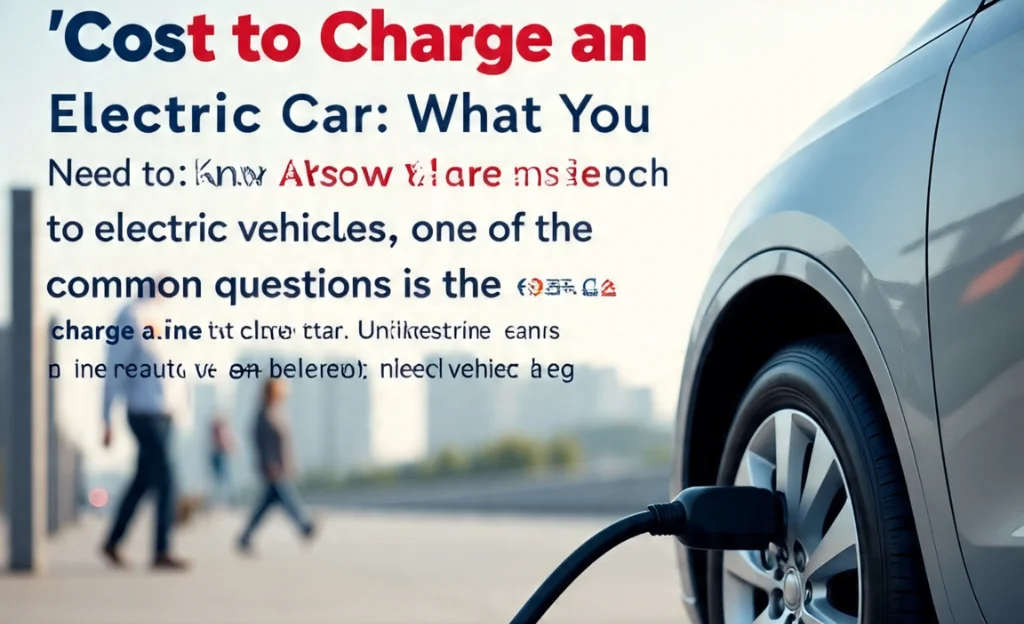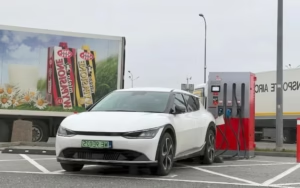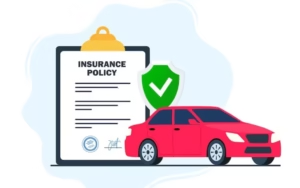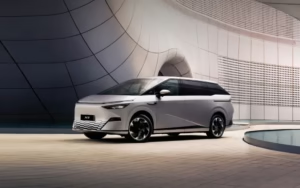As more people switch to electric vehicles, one of the most common questions is the cost to charge an electric car. Unlike gasoline cars, electric vehicles run on battery power and need regular charging. Understanding the costs involved can help you plan better, save money, and enjoy the benefits of clean energy. This guide will explain everything in simple terms, so you know what to expect when charging your electric car.
Table of Contents
ToggleHow Charging Works for Electric Cars
Electric cars are powered by rechargeable batteries. You can charge them at home using a wall outlet or a dedicated home charging station. You can also use public charging stations, which are found in parking lots, shopping centers, highways, and workplaces. The cost to charge an electric car depends on where and how you charge it.
Charging at Home
Charging your electric car at home is the most common and often the cheapest option. Most people plug in their cars overnight using a Level 1 or Level 2 charger. Here is how it works:
- Level 1 Charger: Uses a standard home outlet. Slower charging speed.
- Level 2 Charger: Requires a special 240V outlet. Faster charging and more efficient.
The average cost to charge an electric car at home is about 10 to 15 cents per kilowatt-hour (kWh), depending on your electricity provider. If your electric car battery has a capacity of 60 kWh and your rate is 13 cents per kWh, it would cost around $7.80 to fully charge the car.
Public Charging Stations
Public charging stations are useful when you are on the go. They offer different charging speeds and pricing models. Some are free, while others charge based on the time used or the energy consumed.
- Level 2 Public Chargers: These usually charge between 20 and 30 cents per kWh.
- DC Fast Chargers: Much faster, but can cost 35 to 50 cents per kWh or more.
So, the cost to charge an electric car at a public station can range from $10 to $30 depending on the size of the battery and the charger type.

Factors That Affect Charging Cost
Several factors influence how much you pay to charge your electric car:
- Battery Size: Larger batteries take more energy to charge.
- Charging Method: Fast chargers usually cost more.
- Electricity Rates: Prices vary by location and time of day.
- Charging Efficiency: Some energy is lost during charging.
- Membership Programs: Some networks offer lower rates for members.
Understanding these can help you reduce your overall cost to charge an electric car over time.
Time-of-Use Rates and Smart Charging
Some electricity providers offer lower rates during off-peak hours, usually at night. This is called Time of Use (TOU) pricing. If you charge your car during these hours, you can save money.
Smart home chargers can be programmed to charge when rates are lowest. This can reduce the cost to charge an electric car even more and make your home charging setup more efficient.
Cost Comparison with Gasoline Cars
Charging an electric car is generally cheaper than fueling a gasoline car. If a gas car costs around $50 to fill up, and you only pay $7 to $10 to fully charge an electric car at home, the savings add up quickly.
Even when using public chargers, the cost to charge an electric car is often less than the cost of gasoline, especially if you use your car for daily commuting or regular travel.
Estimated Monthly and Yearly Charging Costs
To give you a better idea, here are some rough estimates:
- Monthly Home Charging: Around $30 to $60 for average drivers
- Yearly Home Charging: Around $400 to $700 depending on driving habits
These numbers can be higher or lower depending on your car model, electricity rates, and driving distance. Still, in most cases, the cost to charge an electric car is far more affordable than buying fuel.
Ways to Save on Charging Costs
Here are a few simple ways to keep your costs low:
- Charge during off-peak hours
- Install a home solar panel system
- Use free public charging stations when possible
- Join charging station membership programs
- Monitor electricity rates and adjust your charging schedule
These steps can help lower the cost to charge an electric car and make your driving more eco-friendly and budget-friendly.
Final Thoughts on the Cost to Charge an Electric Car
The cost to charge an electric car varies based on many factors, but it is generally much cheaper than using gas. Charging at home is usually the most affordable option, while public chargers offer convenience on the road.
By understanding your options and using smart charging habits, you can enjoy the benefits of electric vehicles without worrying too much about the cost. It is clean, efficient, and better for your wallet and the planet.






